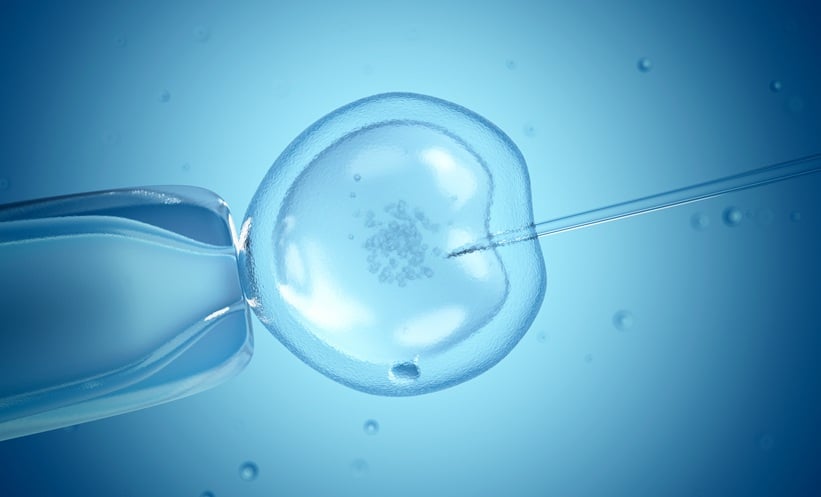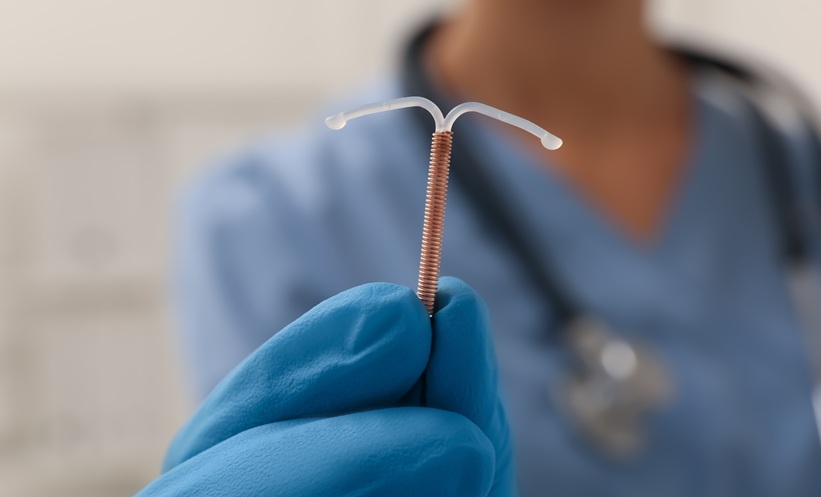IN A MAJOR LEAP forward for reproductive genetics, eight healthy babies have been born following the use of mitochondrial donation via pronuclear transfer, according to a landmark UK study. This marks the first peer-reviewed report confirming the viability and effectiveness of this cutting-edge IVF technique in reducing the risk of inherited mitochondrial DNA (mtDNA) diseases.
Led by Dr Louise A Hyslop and Professor Mary Herbert, the team offered two treatment options to women carrying pathogenic mtDNA variants: preimplantation genetic testing (PGT) for those with low-to-moderate heteroplasmy, and mitochondrial donation via pronuclear transfer for those with homoplasmic or high-level heteroplasmic mutations.
Among the patients who underwent intracytoplasmic sperm injection, 36% of those in the pronuclear transfer group achieved clinical pregnancies, resulting in eight live births and one ongoing pregnancy. In the PGT group, 41% achieved clinical pregnancies, resulting in 18 live births.
Crucially, all eight babies born from mitochondrial donation showed dramatically reduced levels of the maternal mtDNA variant, by 95–100% in six infants and 77–88% in two. Some had no detectable heteroplasmy at all. Babies born following PGT also exhibited very low mtDNA variant levels, ranging from undetectable to 7%.
The findings confirm that pronuclear transfer is compatible with embryo viability and can be successfully integrated into clinical IVF practice. Funded by NHS England and others, the study underscores the potential of an integrated approach combining PGT and mitochondrial donation to help women with mtDNA disease have genetically related, healthy children.
“This work represents a scientific and clinical milestone,” the authors note, “offering hope for families affected by these devastating inherited conditions.”
Reference
Hyslop LA et al. Mitochondrial Donation and Preimplantation Genetic Testing for mtDNA Disease. NEJM. 2025;DOI: 10.1056/NEJMoa2415539.








